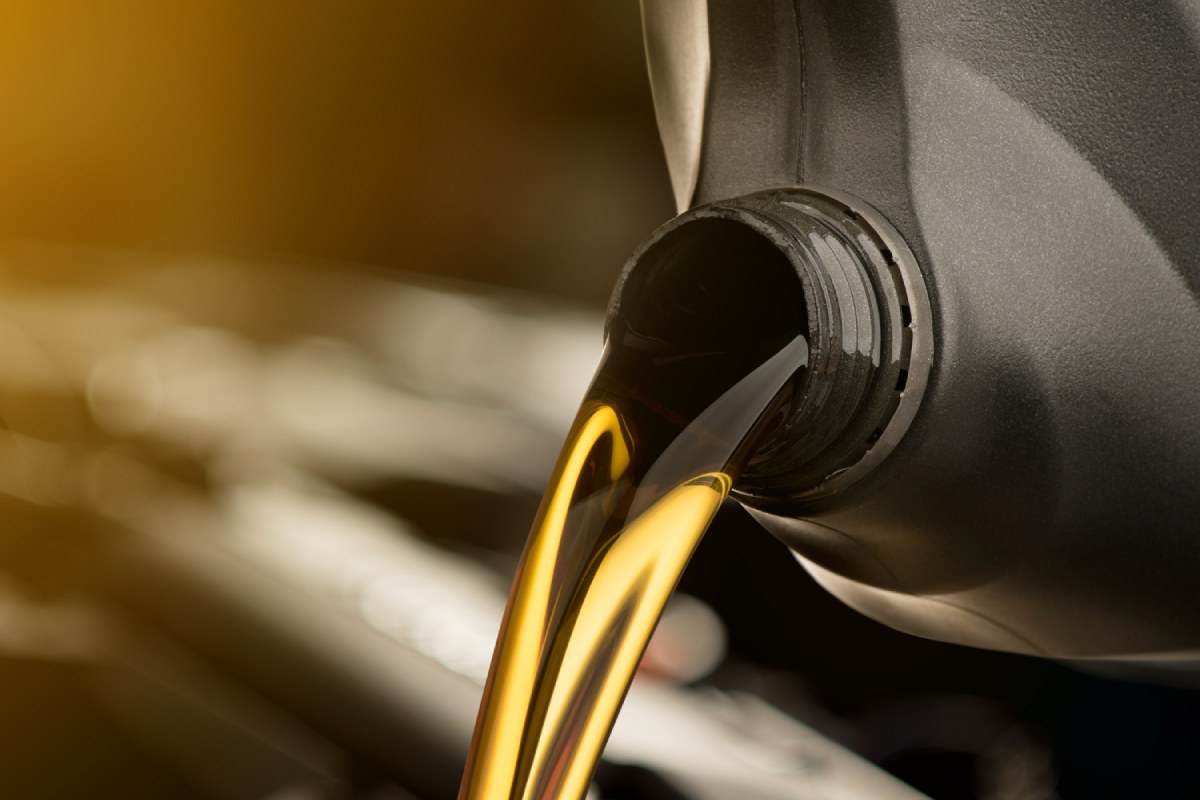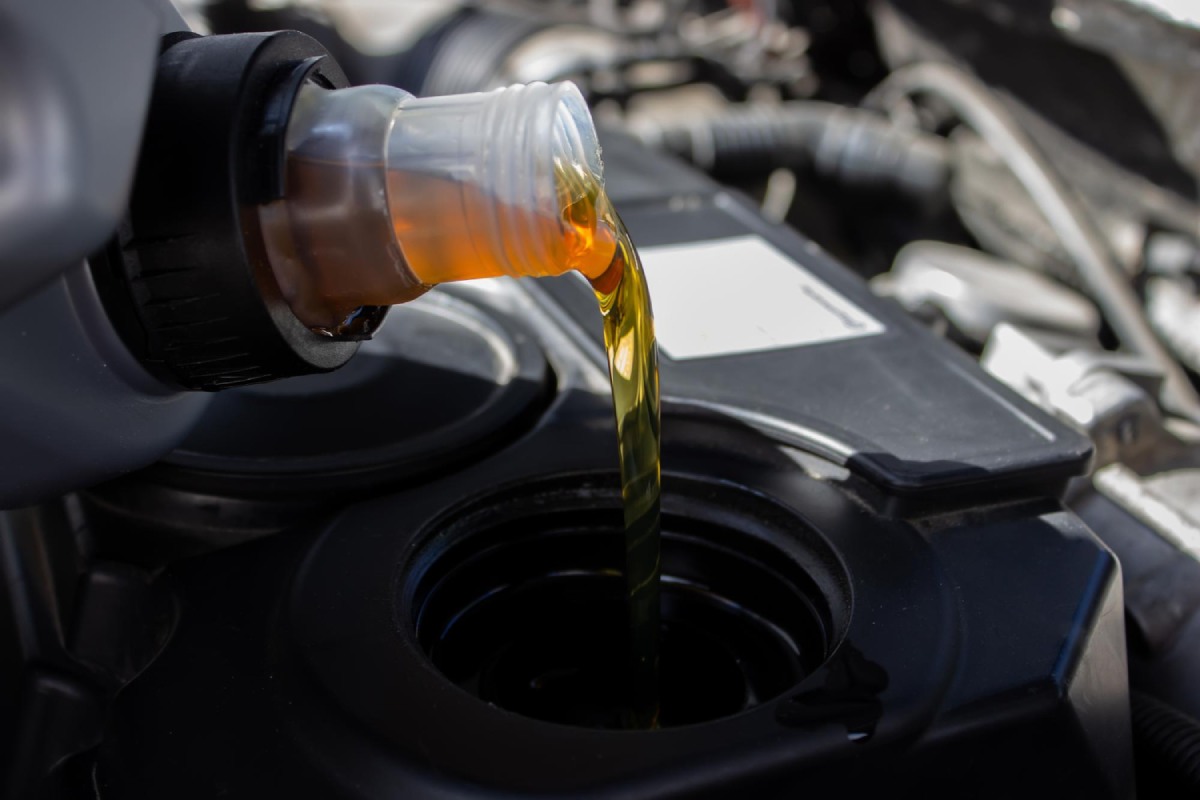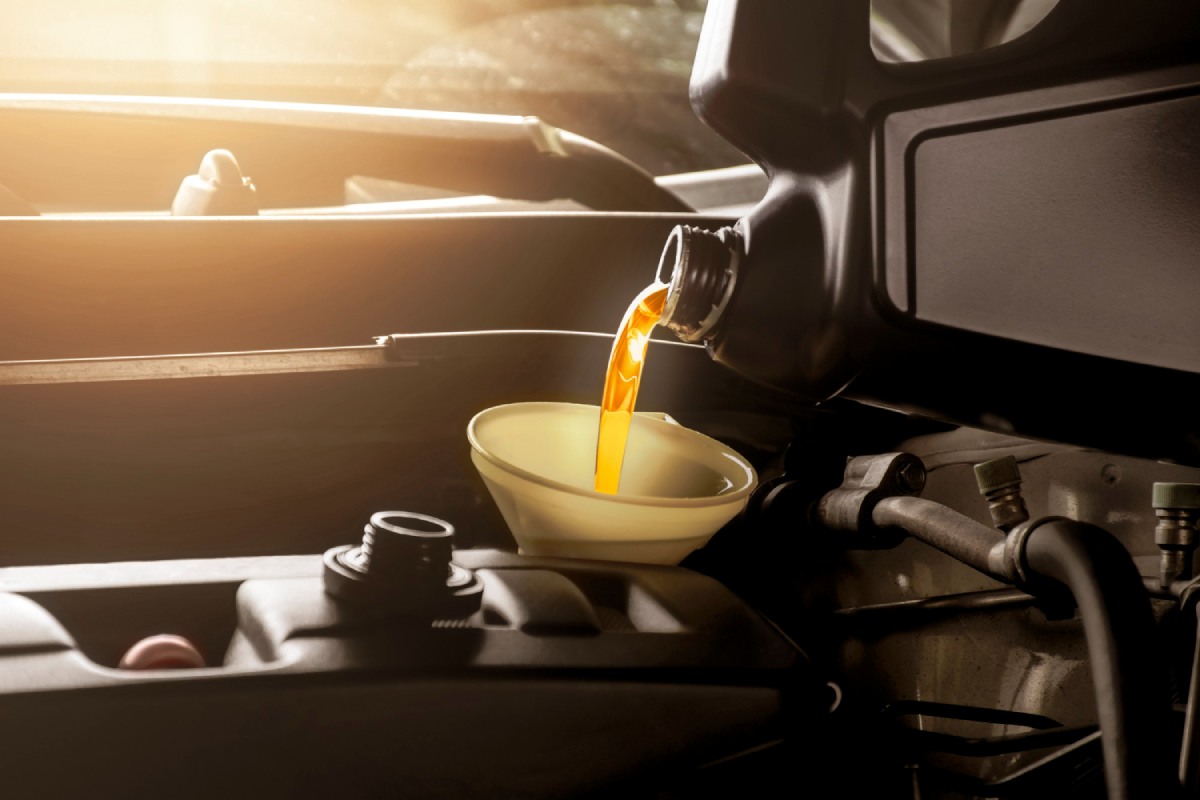
Introduction to DEF Production
Efficient DEF Production is essential for meeting industry regulations and ensuring high-quality diesel exhaust fluid. The process involves precise blending, filtration, and quality control measures to produce a product that effectively reduces vehicle emissions. With the increasing adoption of SCR technology in diesel vehicles, the demand for high-purity DEF continues to grow.
Raw Materials and Composition
The main components of DEF Production are high-purity urea and deionized water. These ingredients must meet stringent purity standards to prevent contamination and ensure optimal performance in selective catalytic reduction (SCR) systems. The 32.5% urea concentration in DEF is critical for efficient nitrogen oxide (NOx) reduction, ensuring compliance with emissions regulations.
Mixing and Blending Process
Proper mixing techniques are critical to achieving a homogeneous DEF Production batch. Advanced blending systems ensure precise urea dissolution in deionized water, maintaining the correct 32.5% concentration necessary for efficiency. Inconsistent mixing can lead to performance issues, affecting the ability of the SCR system to reduce NOx emissions effectively.
Filtration and Purification
Filtration plays a vital role in DEF Production, removing impurities and ensuring a high-quality final product. Multi-stage filtration units help eliminate particles that could clog SCR systems, maintaining optimal diesel engine performance. Proper filtration prevents the formation of deposits that can lead to SCR system failure or increased maintenance costs.
Quality Control and Compliance
Ensuring consistency in DEF Production requires rigorous quality testing and compliance with ISO 22241 standards. Regular laboratory testing verifies concentration, purity, and overall product stability before distribution. Manufacturers must conduct periodic inspections and ensure that the DEF remains free from contaminants such as calcium or magnesium, which could impact the efficiency of the SCR system.
Storage and Handling
Proper storage solutions are crucial in maintaining the integrity of DEF Production. Temperature-controlled, non-reactive containers help prevent degradation and contamination during storage and transportation. DEF should be stored at temperatures between 12°F (-11°C) and 86°F (30°C) to maintain its quality. Freezing or excessive heat exposure can alter the chemical composition, reducing its effectiveness.
Distribution and Logistics
After production, efficient distribution of DEF ensures that it reaches end-users without contamination. DEF is transported using dedicated tankers and sealed packaging to maintain purity. Distribution centers must comply with storage regulations, ensuring that DEF remains in optimal condition until use.
Common Challenges in DEF Production
Despite its straightforward composition, DEF Production faces several challenges. Maintaining high purity levels, ensuring proper storage conditions, and preventing contamination are constant concerns. Additionally, fluctuating raw material costs can impact production efficiency and pricing in the market.
Conclusion
Successful DEF Production depends on high-quality raw materials, precise blending, and strict quality control. By following industry best practices, manufacturers can produce effective DEF that meets emission standards and enhances engine performance. Investing in efficient storage, filtration, and handling methods ensures that DEF remains pure and effective for end-users.
FAQ
- What is DEF used for?
- DEF Production results in a fluid used in diesel engines to reduce harmful nitrogen oxide emissions.
- What are the main ingredients in DEF?
- DEF is composed of high-purity urea and deionized water.
- How is DEF quality maintained?
- Stringent quality control and adherence to ISO 22241 standards ensure the purity of DEF Production.
- Why is filtration important in DEF production?
- Filtration removes impurities that could affect SCR system performance.
- What is the ideal storage condition for DEF?
- DEF should be stored in temperature-controlled, non-reactive containers.
- What happens if DEF is contaminated?
- Contaminated DEF can cause SCR system failures and reduce emission control efficiency.
- Can DEF be stored for long periods?
- Yes, but storage conditions must be controlled to maintain its effectiveness.
- How does DEF help reduce emissions?
- DEF breaks down nitrogen oxides into harmless nitrogen and water vapor.
- What regulations apply to DEF production?
- DEF must comply with ISO 22241 standards to ensure quality and performance.
- How is DEF transported safely?
- DEF is transported in sealed, non-reactive containers to prevent contamination.



